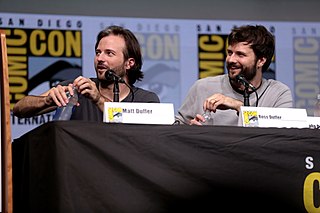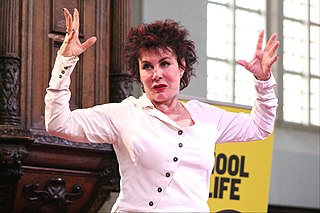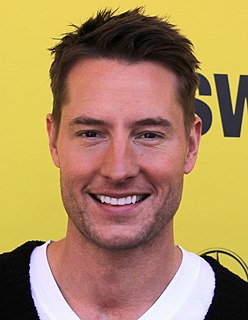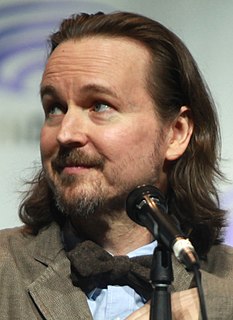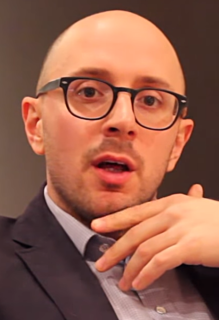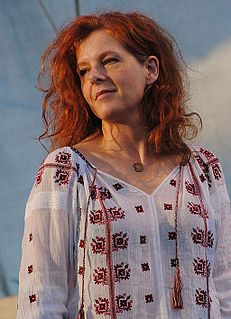A Quote by Ross Duffer
We wanted it to have a simplicity to it, so that if you're a 12-year-old and you're watching the show and you get inspired, you could easily sketch this thing out with your markers or crayons or whatever, then you'd show your friends and they'd instantly go, 'Oh yeah, that's the Demogorgon, that's the monster from 'Stranger Things.'
Related Quotes
I have friends who will say, "Oh you gotta come and see our show." And the first thing I say is, "Is it sketch or improv?" I'll go in a minute to see a sketch show. I love sketch; it's my favorite form. But if it's all improv, they're either very good and it's annoying how good they are and it makes you feel bad, or they're not too good then you're sweating for them. And you don't want to sweat for them, see actors repeating each other's lines.
There were a lot of lessons of production to be learned. On the page, the biggest thing you learn on any TV show is how to write to your cast. You write the show at the beginning with certain voices in your head and you have a way that you think the characters will be, and then you have an actor go out there, and you start watching dailies and episodes. Then, you start realizing what they can do and what they can't do, what they're good at and what they're not so good at, how they say things and what fits in their mouth, and you start tailoring the voice of the show to your cast.
And that's the thing about our show: what are they going to do put on the poster? I don't know. It's always easier when you have someone like Cedric the Entertainer where you can go, "You know this guy. You love this guy. Watch his sketch show." And then people tune in and go, "I though I knew that guy. I don't love that guy in a sketch show."
I think that if you just kind of try to throw together a sketch show, but you don't have any real vision for what you want to do with the sketch, I don't think your chances are very good. You know, "Let's just have a sketch show!" You have to do something different with it; you have to reinvent that form every so often.
I'm watching the show and I'm watching the audience watch the show. Because once you leave the rehearsal room, you have space and you can see it. You can watch them watch it. You can't see your work, really, until you're in the theater. You have no perspective. That's not part of my job, to go, "Oh my God, they're so brilliant." I'm not required to swoon.
